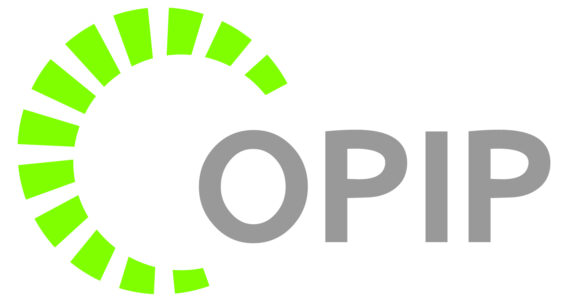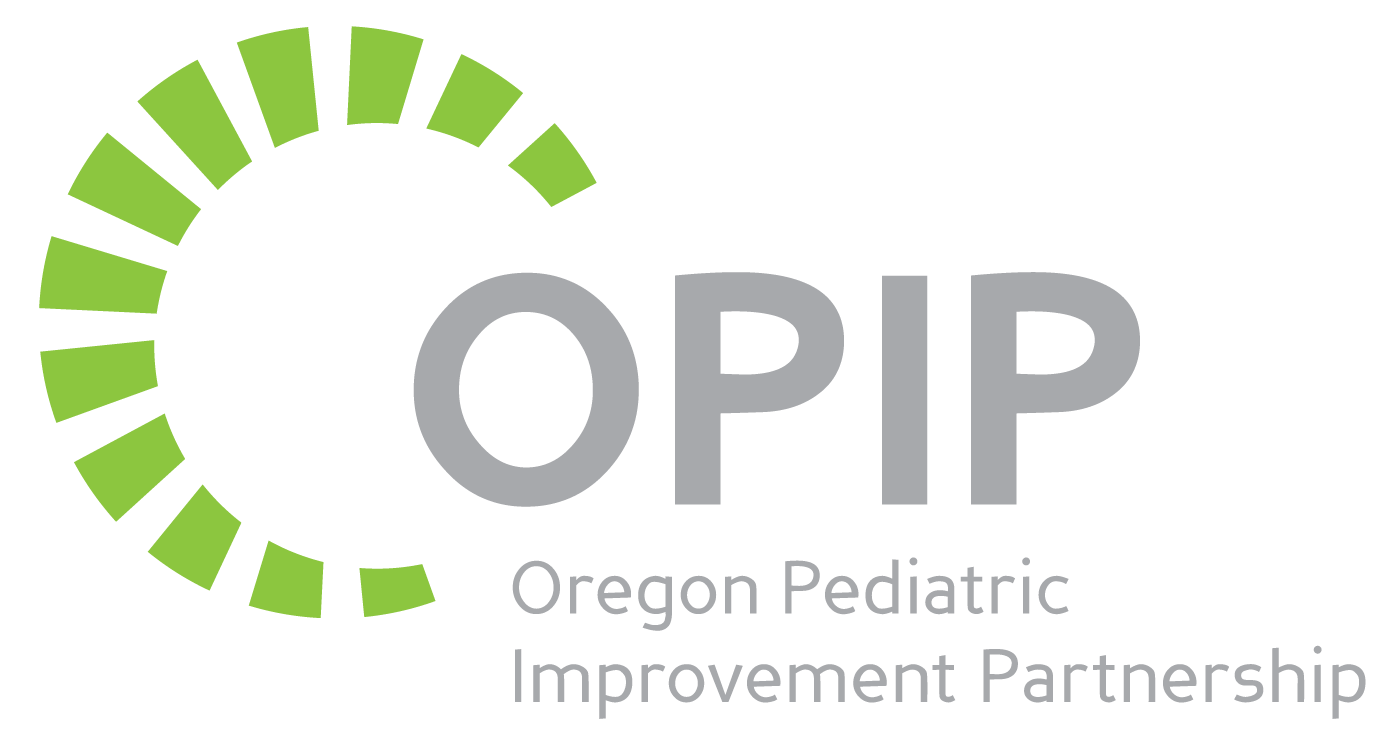PAST PROJECT
Starting in Summer 2015, the Oregon Pediatric Improvement Partnership (OPIP) began recruitment for a project involving a learning curriculum and site-level support to practices and health systems to improve care for Children and Youth with Special Health Care Needs (CYSHCN). OPIP’s work was funded by the State’s Title V agency, the Oregon Center for Children and Youth with Special Health Needs, through a subcontract of their Systems of Services for CYSHCN grant that was funded by the Maternal and Child Health Bureau. OPIP was awarded this sub-contract given its intentional focus in supporting over 42 practices to enhance their level of medical home for CYSHCN and in facilitating state-level conversations with public and private stakeholders about approaches to better meet the needs of children and families.
Specifically, OPIP has supported practices by developing curriculum, implementation methods, and practice-facilitation support in the following relevant topic areas: 1) Identifying CYSHCN; 2) Pre-visit Planning; 3) Shared Care Plans for CYSHCN; and 4) Referral tracking and care coordination with community-based systems. A key component of OPIP’s curriculum was a focus on child and family-centered approaches, with parent advisors playing a key role in the development of project methods and materials, presentations at in-person meetings, and work with individual practices on how they can engage and get feedback from parents of CYSHCN.
A number of findings from the practice-level work have led to opportunities to improve systems, a key part of OPIP’s Mission and Vision.
To support this, OPIP has been leading state-level conversations about care for CYSCHN broadly and specifically for children with health complexity that could benefit from team-based care.
• OPIP facilitates monthly meetings of public and private stakeholders at their OPIP Steering and Partners Committees
• At these meetings, the need to convene leaders within the Oregon Health Authority and Coordinated Care Organizations (CCOs) was identified. Given the focus on health transformation, the Triple Aim, and global budgets, a number of stakeholders felt that it was integral to ensure a focus on children with health complexity. Many felt that while there have been many efforts focused on high-cost adults with chronic conditions, there remained opportunities to focus on children and care management models that best meet their unique needs and address health care costs.
• In August 2016, OPIP convened key policymakers within OHA and leaders within Coordinated Care Organizations:
- Click here to see the Agenda for the Meeting.
- Click here to see the Participants of the Meeting.
- At this meeting, findings from OPIP’s practice-level and KPNW work were shared. Dr. Rita Mangione-Smith shared the findings she presented at the 2015 Lucile Packard Foundation for Child Health’s 2015 Symposium: Designing System that Work for Children with Complex Health Needs, with a particular emphasis on how system-level data could be used to better identify which children could most benefit from the limited complex care resources, and models for considering medical and social complexity risk factors. The meeting ended with a facilitated conversation about opportunities to enhance a focus on children with complex health. The group agreed that there was a need for this enhanced focus, and that there is value in a shared definition of children with complex health needs that takes into account medical and social complexity. Importantly, the discussion revealed opportunities that exist for state systems to better inform CCO-level efforts.
- A summary of the successful meeting can be found here.

